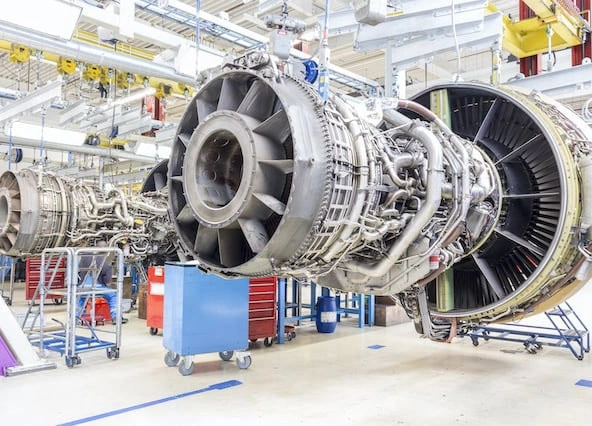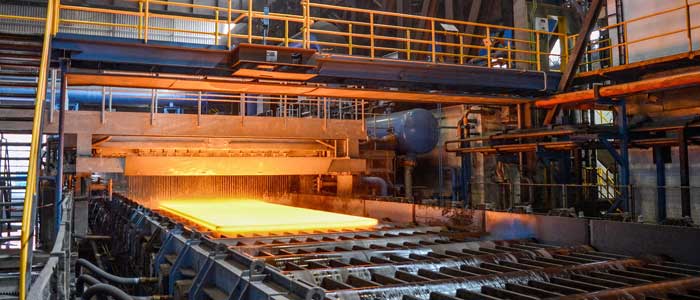When it comes to selecting materials for industrial applications, understanding the temperature resistance of nickel alloys is crucial. High nickel alloy tubes are often the go-to choice for environments where high heat, corrosion resistance, and durability are required. In this article, we will explore the maximum operating temperature of high-nickel alloy tubes, their benefits, and why they are considered high-performance metal tubes.
Understanding Nickel Alloys
Nickel alloys are a group of metals known for their exceptional heat and corrosion resistance. They are composed primarily of nickel, but also include other elements such as chromium, molybdenum, and iron, which enhance their properties. Due to their unique composition, nickel alloy tubing is often used in industries like aerospace, chemical processing, and power generation.
Key Characteristics of Nickel Alloys
Nickel alloys are highly regarded for their ability to withstand extreme temperatures. This makes them ideal for use in environments where other materials might fail. Here are some key characteristics:
- High Temperature Resistance: Nickel alloys can maintain their structural integrity at high temperatures, making them suitable for high-temperature applications.
- Corrosion Resistance: These alloys resist oxidation and corrosion, even in harsh environments, prolonging the lifespan of the tubes.
- Strength and Durability: They offer excellent mechanical properties, maintaining strength even at elevated temperatures.
Maximum Operating Temperature of High Nickel Alloy Tubes
The maximum operating temperature of high-nickel alloy tubes depends on the specific alloy and its composition. However, most high-nickel alloys can withstand temperatures upwards of 1000°C (1832°F). Let’s delve deeper into some of the popular nickel alloys and their temperature limits.
Inconel Alloys
Inconel is a family of nickel-chromium-based superalloys known for their high performance in extreme conditions. These alloys are commonly used in gas turbine blades, rocket engines, and other high-temperature applications.
- Inconel 600: This alloy can operate at temperatures up to 1150°C (2102°F), making it ideal for furnace components and heat exchangers.
- Inconel 625: Known for its strength and resistance to scaling and oxidation, it is often used in aerospace applications and can withstand temperatures up to 982°C (1800°F).
Hastelloy Alloys
Hastelloy alloys are another group of nickel-based alloys known for their corrosion resistance and high-temperature stability. They are often used in chemical processing and petrochemical industries.
- Hastelloy C-276: This alloy can handle temperatures up to 1040°C (1904°F) and is resistant to a wide range of chemicals, making it suitable for chemical reactors and piping systems.
Monel Alloys
Monel alloys, composed of nickel and copper, are known for their excellent corrosion resistance, especially in marine environments. They are typically used in applications where exposure to seawater is a concern.
- Monel 400: With a maximum operating temperature of around 600°C (1112°F), this alloy is commonly used in heat exchangers and marine engineering.
Benefits of Using High Nickel Alloy Tubes
The use of high-nickel alloy tubes offers numerous advantages in high-temperature and corrosive environments:
- Longevity: Due to their resistance to heat and corrosion, these tubes have a longer service life compared to other materials.
- Efficiency: High nickel alloy tubes can improve efficiency in heat transfer applications due to their superior thermal conductivity.
- Safety: Their ability to maintain integrity under stress reduces the risk of failure in critical applications.
Applications of High-Performance Metal Tubes
High-nickel alloy tubes are essential in industries that demand reliable performance under extreme conditions. Some common applications include:
- Aerospace: Used in jet engines and exhaust systems due to their ability to withstand high temperatures and pressures.
- Chemical Processing: Essential for handling corrosive chemicals at elevated temperatures.
- Power Generation: Utilized in boilers and heat exchangers for efficient heat transfer and energy production.
Selecting the Right Nickel Alloy Tubes
Choosing the right high-nickel alloy tubes for your application involves considering several factors, including the operating temperature, environment, and specific requirements of your industry.
Factors to Consider
- Temperature Limit: Ensure the alloy selected can withstand the maximum operating temperature required for your application.
- Corrosion Environment: Consider the chemical exposure and select an alloy known for its resistance to those specific conditions.
- Mechanical Properties: Evaluate the strength, ductility, and toughness needed for the application.
Conclusion
High-nickel alloy tubes are indispensable in industries that require materials capable of enduring extreme temperatures and corrosive environments. Understanding the temperature limits and benefits of different nickel alloys is key to selecting the right tubing for your specific needs. By choosing high-performance metal tubes, you can ensure safety, efficiency, and longevity in your industrial applications.
Whether you are in aerospace, chemical processing, or power generation, leveraging the unique properties of nickel alloy tubing can significantly enhance your operational capabilities. Make informed decisions by considering the temperature resistance and other critical characteristics of these remarkable materials.









